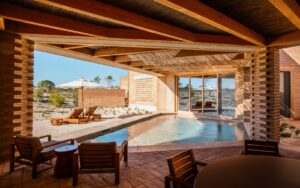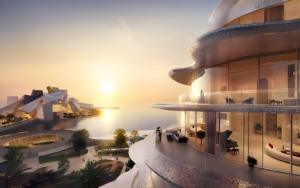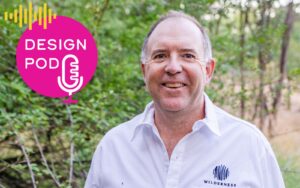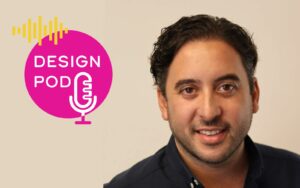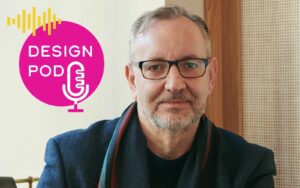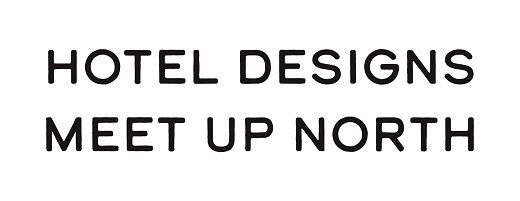Hoteliers, investors and developers, spent two days at AHC 2022 (Annual Hotel Conference), sharing and absorbing valuable insight on pertinent topics delivered in keynotes, panel discussions and presentations at the event in Manchester – here are some of the top tips and takeaways given to help the hotel sector ‘chart the course’…
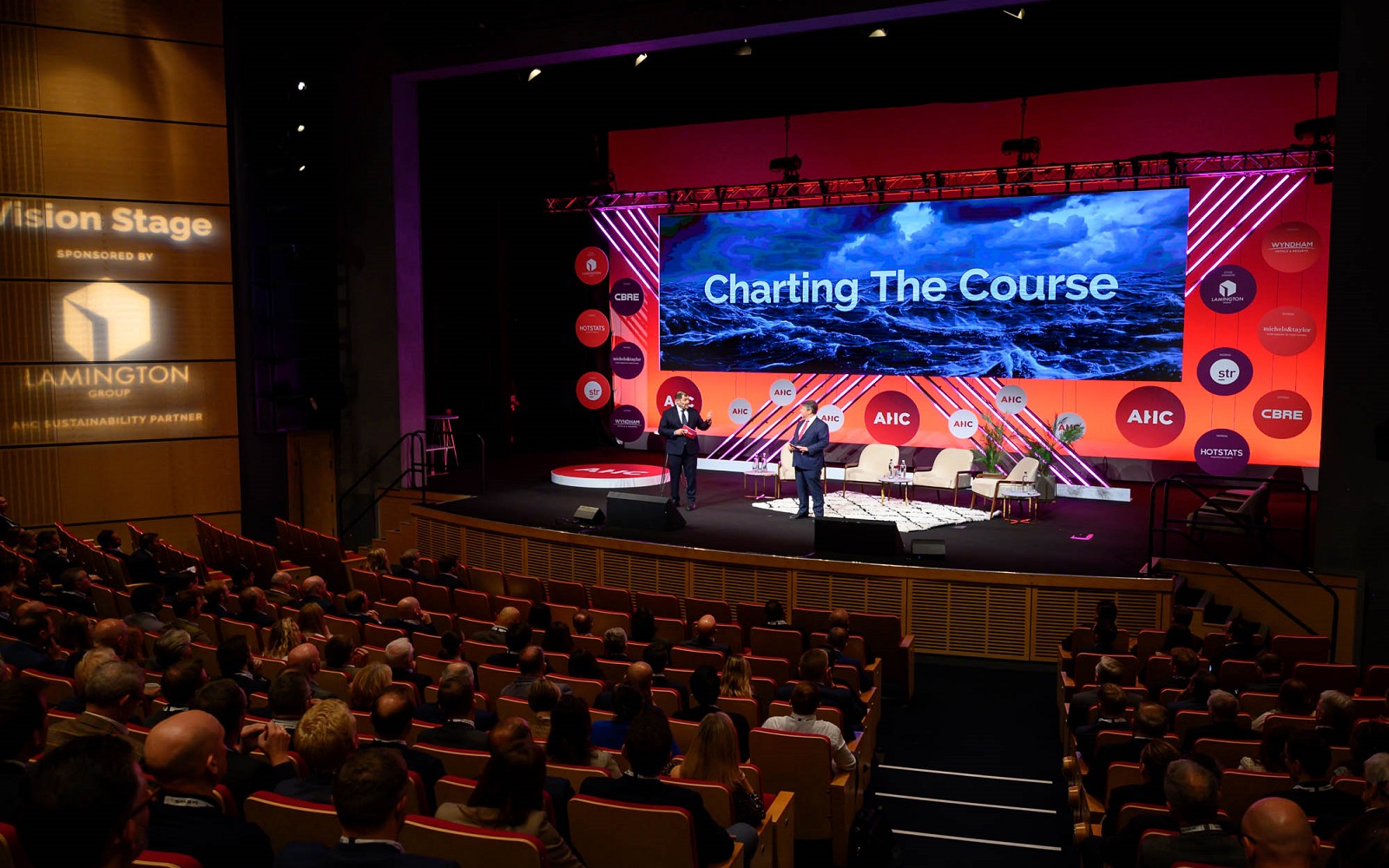
With so many unprecedented domestic and global events both impacting the hotel sector and creating new opportunities, the hotel industry could be said to be at a pivotal moment. Unsurprisingly, the economy and how events are shaping the industry now and in the future, was a central topic within the conference programme.
Opening AHC 2022 in the keynote session The Economic and Business Outlook: What Is in Prospect amid the New Uncertainty David Smith, Economics Editor at The Sunday Times likened a string of events – the global financial crash, Brexit, the Covid-19 pandemic and the Russian invasion of Ukraine – to the ‘Four Horsemen of the Apocalypse’. Despite obvious challenges facing the industry, including labour shortages, supply chain difficulties and central banks tightening policy, Smith emphasised there were opportunities for hospitality in the coming year.
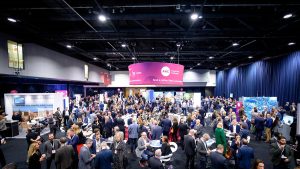
Image credit: AHC
The £200bn ‘war chest’ of savings built up by consumers during the pandemic was still yet to be spent, and pent-up demand for travel and experiences could see a large chunk directed towards hospitality. “People have got money to spend if they can be persuaded,” said Smith.
There were further glimmers of positivity found in the session The Power of Insight: Consumer Confidence and the View from Wall Street where Sam Ward, UK Hotels Leader at PwC, noted that the current situation was not as severe as other ‘black swan events’ and noted clear opportunities for UK hotels as research showed UK consumers were planning fewer trips abroad and instead planning holidays closer to home.
Simon Calder, Travel Correspondent for The Independent, and Justin Reid from TripAdvisor echoed this in Shift Happens: Unpicking Big Impact Trends to Drive Competitive Edge. “Pent-up demand is there in spades,” said Calder. “At the end of all this they are desperate to make up for lost travel.”

Image credit: AHC
Hotel leaders Kenneth Macpherson, CEO, EMEAA, IHG Hotels & Resorts and Radisson Hotel Group CEO Frederico J Gonzalez shared their learnings and showed how they led their teams and businesses through one of the most challenging and changeable times in recent history. When asked how he’d led through the last three years, Macpherson answered “through reputation, with purpose and getting through challenges.”
“Firstly, always start with reputation,” continued Macpherson. “Trust is extremely important for sustainable growth. You need to keep your reputation pristine, think about guests, health and safety, owners, your role in the industry, collaborative growth and people. Secondly, lead with purpose. Tell your staff why it matters – communicate it. And thirdly, constantly ask ‘how do we improve?’ Be stronger, collaborate better, be more efficient and build partnerships.”
Tips for navigating change were also shared in Succeeding When Nothing is Normal. “Always challenge the status quo, so that when you are forced to do it you know how to do it,” said Phil Andreopoulous, Chief Operating Officer Owner & Franchise Services at Marriott International. Continuing this line of thought, Dmitris Manikis, President EMEA, Wyndham Hotels & Resorts, suggested cutting out the noise from outside and focusing on what is going on within an organisation. “Control the controllables,” said Manikis. “Focus on the things you can control.”

Image credit: AHC
Leadership was also high on the agenda when addressing How can the Hospitality Industry Win the Talent Challenge, where the panel featuring industry leaders from Accor, Aimbridge and GIG discussed the importance of changing the narrative around hospitality to encourage young people to enter the industry, and then mentor them to success once they start their journey. “Match the talent with a good mentor,” said Ronan McGovern, Accor’s Vice President of Operations. “Every experience is a learning experience. The GMs who have a natural talent to develop their teams don’t tend to have problems recruiting.”
Those seeking sustainable economic solutions, ESG, were steered ahead through sessions across both days. Robert Godwin, Managing Director of Lamington Group, explained why his company was aiming for net zero in Zero Means Zero: Forging the Path to Whole Life Net-Zero and outlined how others could start their journey by ‘avoiding, reducing and offsetting’. Lamington Group handed out an oak sapling to all attendees to plant in their drive towards net zero.
In The Sustainability Conundrum: Accreditation, Measuring and Reporting, moderated by Energy & Environment Alliance CEO Ufi Ibrahim, the overarching message was that while standards are currently being set by government in relation to international environmental standards for developments, there is still much that can be achieved in current operations.
“E is only one part of the ESG and carbon is only one part of the E – it gets talked about a lot, but there are a lot of parts in the S and the G to focus on,” said Susan Bland, Managing Director of RBH Management. “The environmental focus is newer to the conversation, but within it there are a lot of parts easy to understand and already measurable.”
While challenges were highlighted, there was an overwhelming feeling of positivity from panellists and speakers. In Crunching the Numbers: The Key Demand, Revenue and Cost Trends to Monitor in Times Ahead, Thomas Emmanuel of STR said things were “unashamedly positive”, adding “when looking at the data, things are good.”
The opportunities presented by public-private partnerships were explored in How to Fill the Hotel Development Viability Gap. Andy Townsend of Legacy Hotels said many local authorities were keen to develop hotels for the future, but still needed guidance in getting it right. “For every local authority it’s a journey of discovery,” said Townsend. “The real selling point is the future economic benefits. That’s what ultimately attracts the investment.”
The same topic continued in Levelling Up: Maximising the Social and Economic Impact of the Hotel Sector. Jon Day of Cardiff Council emphasised that the public-private partnership had to be strong in order for it to work, but that there were clear economic and social benefits for both hotels and a local area when it was. Speaking in the same session, Andy Jansons, Managing Director of Jansons Property, added: “Two years of tourism and events lost to Covid-19 has grown a huge amount of pent-up demand that presents a favourable investment opportunity. And with the inbound investment stimulated by hotel developments, urban regeneration projects and economic rebalancing in the UK will reap the benefits- both socially and economically.”
This sentiment was echoed in the concluding key note interview with Steve Morgan CBE, founder of housebuilding company Redrow, owner of Wolverhampton Wanderers Football Club and formerly the largest shareholder of De Vere Group. While discussing the opportunities he had been offered – and taken – he talked about the impact the pandemic had on hotel, Carden Park. While others stopped, Morgan chose to invest millions into the business. “Part of my philosophy in life is when everyone retreats, go on the attack!” he said.
Practical advice around a range of topics, including technology and staffing was also delivered in bitesize sessions in The AHC Fringe. Held during coffee and lunch breaks over the two days, the ten minute sessions by industry experts from organisations such as Springboard, Amazon, Hotel Cloud and Duetto offered insight and talking points. There were also multiple networking opportunities over the two days with events at Society, YOTEL and Hotel Brooklyn affording delegates the chance to continue discussions and make new connections.
Main image credit: AHC











